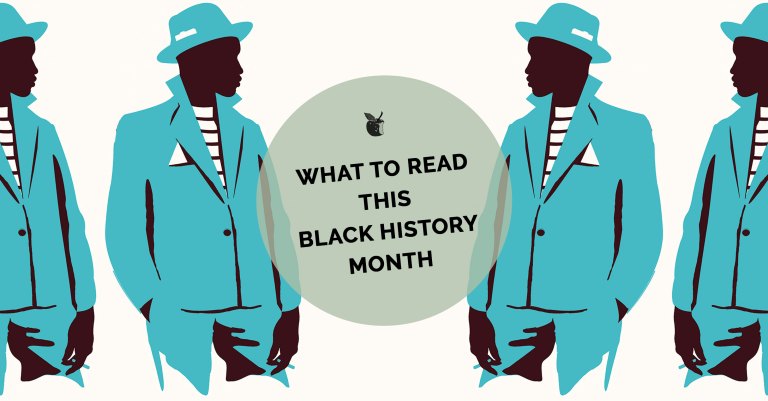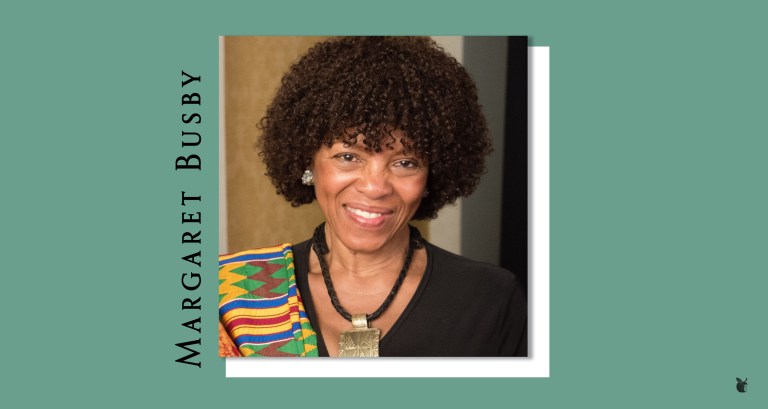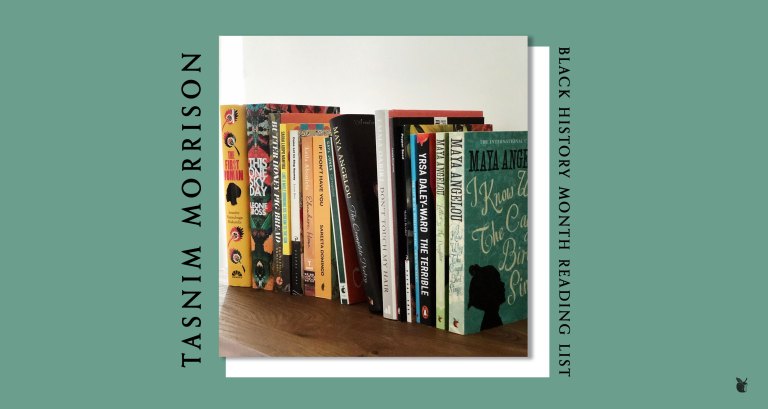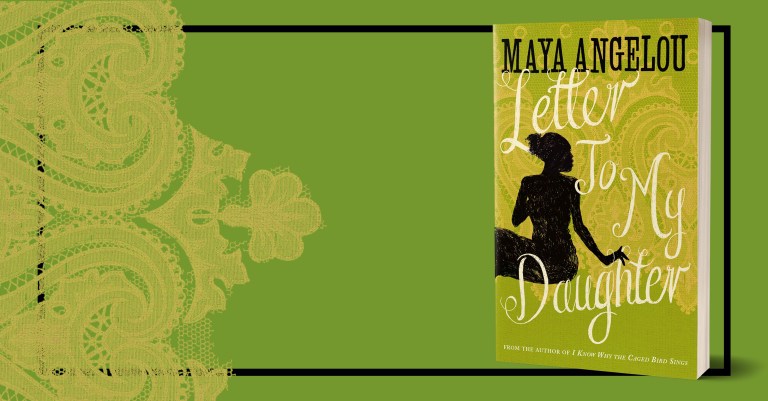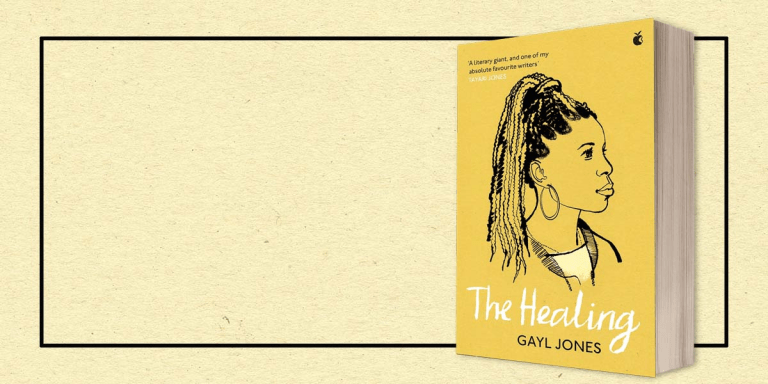Read an Extract from Their Eyes Were Watching God
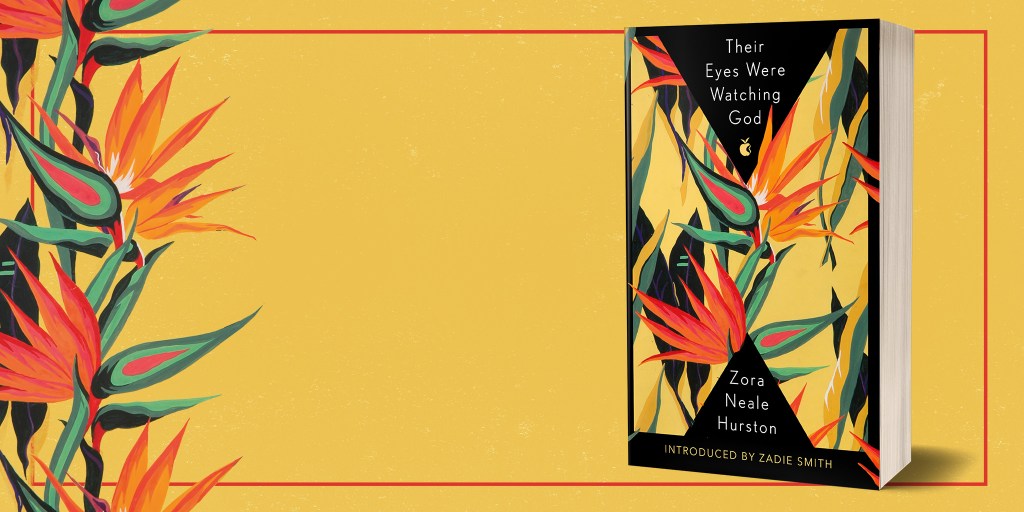
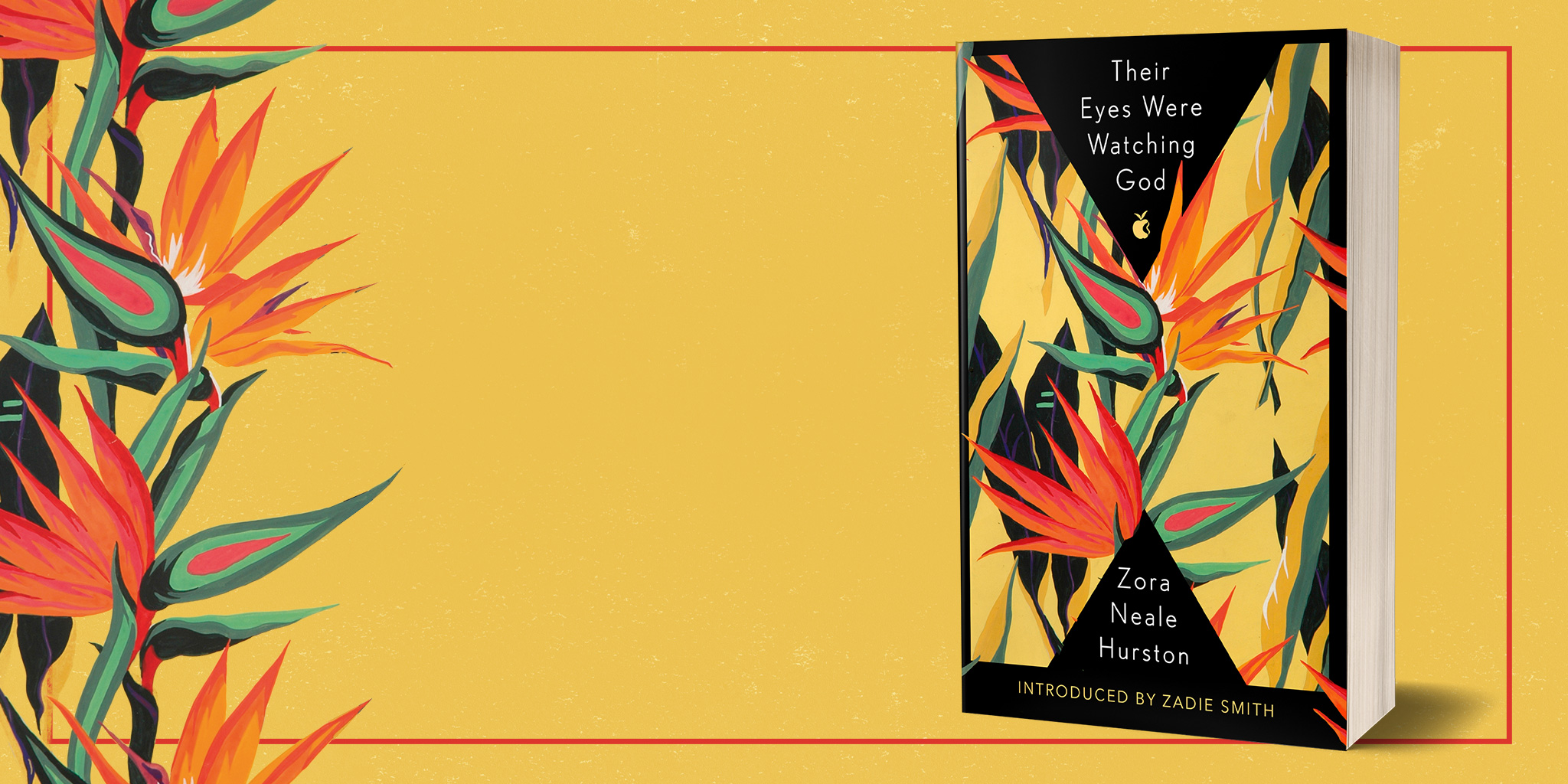 Zora Neale Hurston’s masterpiece is perhaps the most widely read and highly regarded novel in the entire canon of African American literature.
Zora Neale Hurston’s masterpiece is perhaps the most widely read and highly regarded novel in the entire canon of African American literature.
When sixteen-year-old Janie is caught kissing shiftless Johnny Taylor, her grandmother swiftly marries her off to an old man with sixty acres. Janie endures two stifling marriages before she finally meets the man of her dreams – who offers not diamonds, but a packet of flowering seeds.
|
Ships at a distance have every man’s wish on board. For some they come in with the tide. For others they sail forever on the horizon, never out of sight, never landing until the Watcher turns his eyes away in resignation, his dreams mocked to death by Time. That is the life of men.
Now, women forget all those things they don’t want to remember, and remember everything they don’t want to forget. The dream is the truth. Then they act and do things accordingly.
So the beginning of this was a woman and she had come back from burying the dead. Not the dead of sick and ailing with friends at the pillow and the feet. She had come back from the sodden and the bloated; the sudden dead, their eyes flung wide open in judgment.
The people all saw her come because it was sundown. The sun was gone, but he had left his footprints in the sky. It was the time for sitting on porches beside the road. It was the time to hear things and talk. These sitters had been tongueless, earless, eyeless conveniences all day long. Mules and other brutes had occupied their skins. But now, the sun and the bossman were gone, so the skins felt powerful and human. They became lords of sounds and lesser things. They passed nations through their mouths. They sat in judgment.
Seeing the woman as she was made them remember the envy they had stored up from other times. So they chewed up the back parts of their minds and swallowed with relish. They made burning statements with questions, and killing tools out of laughs. It was mass cruelty. A mood come alive. Words walking without masters; walking altogether like harmony in a song.
‘What she doin’ coming back here in dem overhalls? Can’t she find no dress to put on?— Where’s dat blue satin dress she left here in?— Where all dat money her husband took and died and left her?— What dat ole forty year ole ’oman doin’ wid her hair swingin’ down her back lak some young gal?— Where she left dat young lad of a boy she went off here wid?— Thought she was going to marry?— Where he left her? What he done wid all her money?— Betcha he off wid some gal so young she ain’t even got no hairs – why she don’t stay in her class?—’
When she got to where they were she turned her face on the bander log and spoke. They scrambled a noisy ‘good evenin’’ and left their mouths setting open and their ears full of hope. Her speech was pleasant enough, but she kept walking straight on to her gate. The porch couldn’t talk for looking. The men noticed her firm buttocks like she had grape fruits in her hip pockets; the great rope of black hair swinging to her waist and unraveling in the wind like a plume; then her pugnacious breasts trying to bore holes in her shirt. They, the men, were saving with the mind what they lost with the eye. The women took the faded shirt and muddy overalls and laid them away for remembrance. It was a weapon against her strength and if it turned out of no significance, still it was a hope that she might fall to their level some day.
But nobody moved, nobody spoke, nobody even thought to swallow spit until after her gate slammed behind her.
‘For me, THEIR EYES WERE WATCHING GOD is one of the very greatest American novels of the 20th century. It is so lyrical it should be sentimental; it is so passionate it should be overwrought, but it is instead a rigorous, convincing and dazzling piece of prose, as emotionally satisfying as it is impressive. There is no novel I love more’
Zadie Smith



